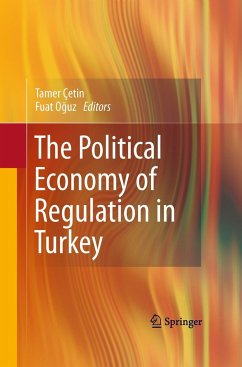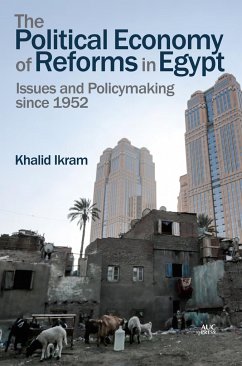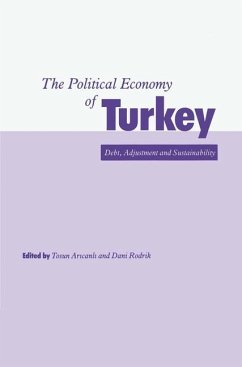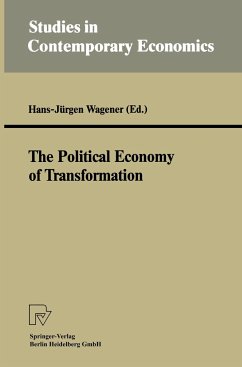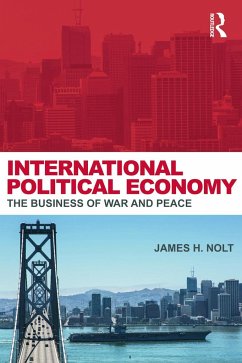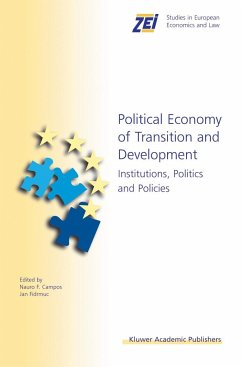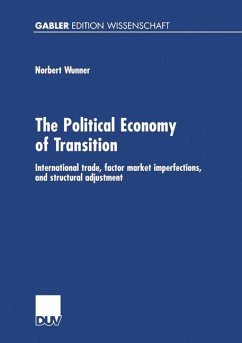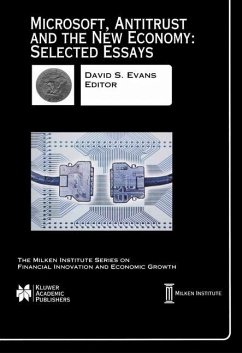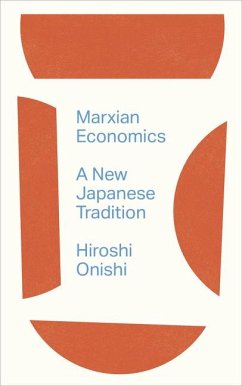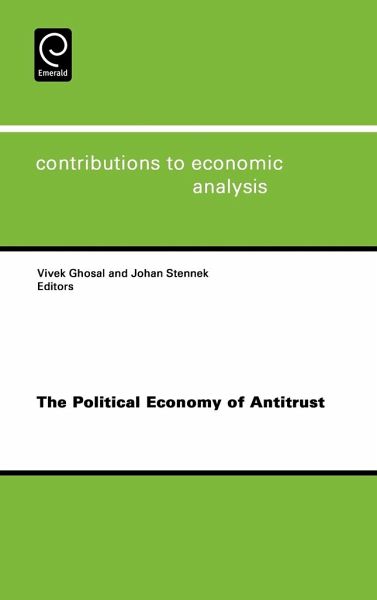
The Political Economy of Antitrust
Versandkostenfrei!
Versandfertig in 1-2 Wochen
236,99 €
inkl. MwSt.

PAYBACK Punkte
118 °P sammeln!
Motivated by recent events and experiences in antitrust enforcement and policy in the United States and the European Union, and new insights and findings from academic research, this book presents a collection of theoretical, empirical and public policy-oriented articles representing recent research on the political-economy of antitrust. Political-economy is defined broadly to include the demand-side drivers of antitrust activity such as market failures and interest-groups, along with supply-side drivers including ideology and partisan politics as well as the importance of informational limita...
Motivated by recent events and experiences in antitrust enforcement and policy in the United States and the European Union, and new insights and findings from academic research, this book presents a collection of theoretical, empirical and public policy-oriented articles representing recent research on the political-economy of antitrust. Political-economy is defined broadly to include the demand-side drivers of antitrust activity such as market failures and interest-groups, along with supply-side drivers including ideology and partisan politics as well as the importance of informational limitations in antitrust enforcement and the institutional structure of the antitrust agencies. Examining issues related to the political-economy of antitrust is important as antitrust policy and enforcement provide a key mechanism for preserving the competitiveness of markets, with implications for innovation, efficiency, growth and welfare. This book brings together contributions by leading academic researchers in the areas of political-economy, cartels, merger and non-merger enforcement, as well as economists working with antitrust authorities in the U.S. and E.U., to make a timely contribution for researchers and practitioners.




